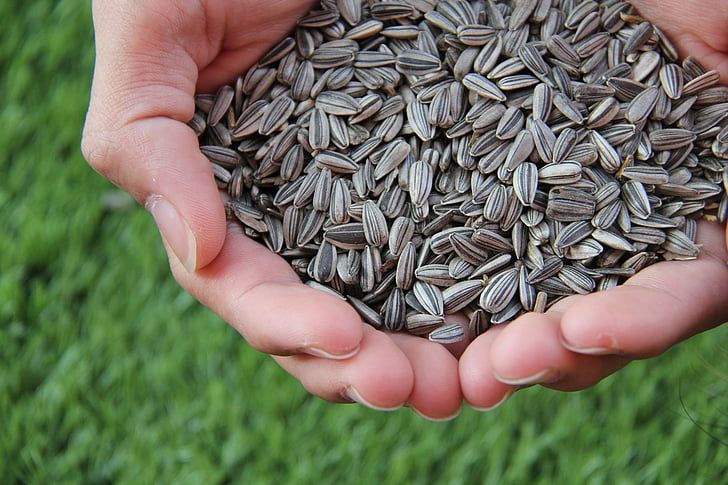
Cracking the E-nigma: Amp Up Your Vitamin E Intake through Your Diet
- Nov 16, 2025
Vitamin E - it's more than just an ingredient in your premium skincare. Filled to the brim with nature's army of antioxidants and boosting your immunity to superhero levels, this wonder-vitamin detangles many of your body's biological Gordian knots. You can tap into this power by noshing on an array of foods; nuts, seeds, and oils lead the pack.
A 'nut'-ural place to start is with almonds. Gracing your cereal bowl or snack stash with a single ounce furnishes you with 6.8 milligrams (mg) of vitamin E. Think hazelnuts or peanuts are just for decadent spreads or butter? They pack a vitamin E punch too, with 4.3 mg and 2.2 mg per ounce respectively.
Turning to the underdogs, sprinkle some sunflower seeds over your salads or granola for a crunchy 7.4 mg of vitamin E in every ounce. Don't ignore the humble quinoa; this dietary superhero throws in 4.15 mg per cup uncooked.
Accompany your chirpy sunflowers with safflower or sunflower oil. Just a tablespoon gives you from 4.6 to 5.6 mg of vitamin E. Cooking or salad dressing, it's your choice. Just tread with caution, as these oils can be calorie monopolizers.
One oil that takes the vitamin E game to a whole new level is wheat germ oil, boasting 20.3 mg per tablespoon. The catch? It's rarer in the kitchen than your grandma's secret recipes and usually shines in the supplement aisle instead.
Don't stop there; the roots are keeping some secrets too. Taro, widely used in global cuisines and trendy boba teas, is an unexpected guard of 3.87 mg of vitamin E per cooked cup.
Our friend, the versatile avocado, is another vitamin E powerhouse. It serves up around 6.12 mg in every cup, though the exact amount is a bit of a globe-trotter, altering with the origin of the avocado.
Vitamin E isn't solely the territory of nuts, seeds, and oils. Daily essentials like broccoli, spinach, and sweet potatoes contribute to the cause, and fruits join in the grand vitamin E feast as well.
Could processed foods be on the vitamin E train, too? Surprisingly, yes – some breakfast cereals and other fortified foods make up for their shortcomings with additional vitamin E. But remember, the key lies in moderation.
All in all, remember: vitamin E matters. As an essential vitamin, your body needs it but can't manufacture it. So chat with your healthcare provider about optimizing your intake, and whether fortified foods or supplements should be on your grocery list. When it comes to health, too much of a good thing isn't always a jackpot.






